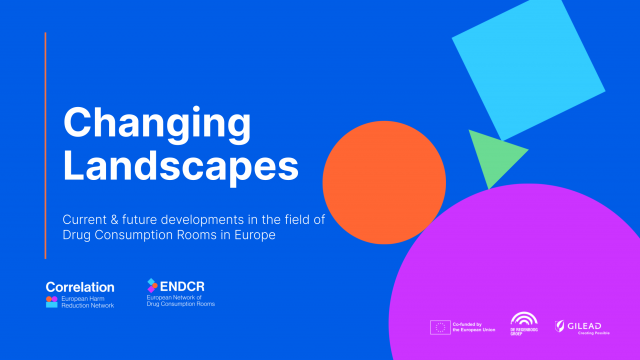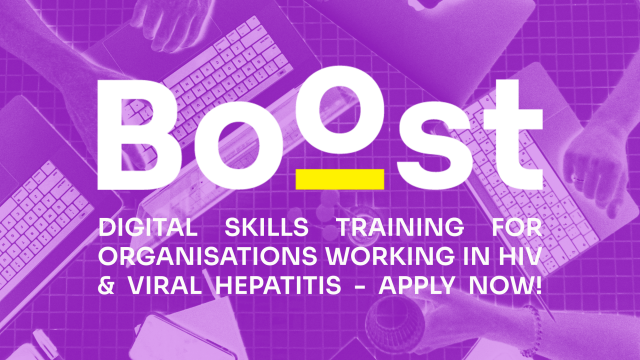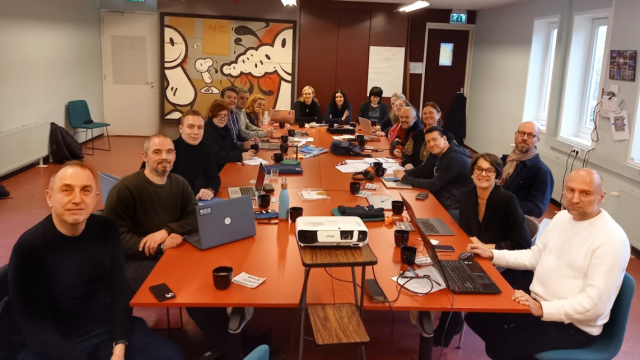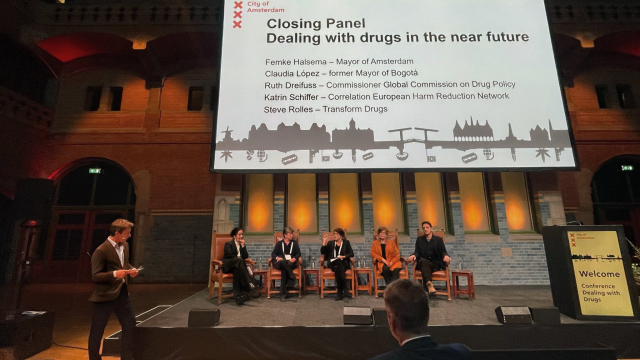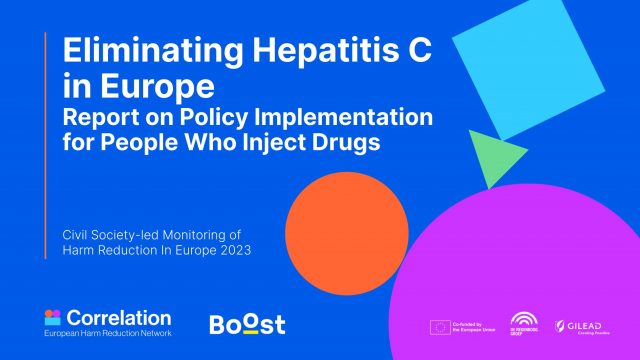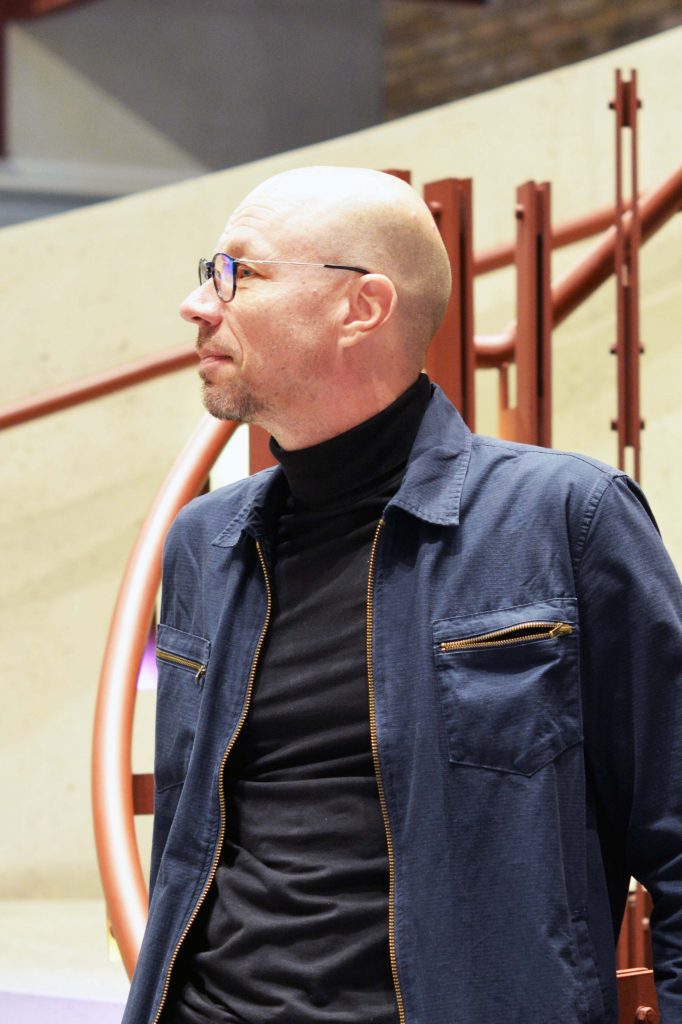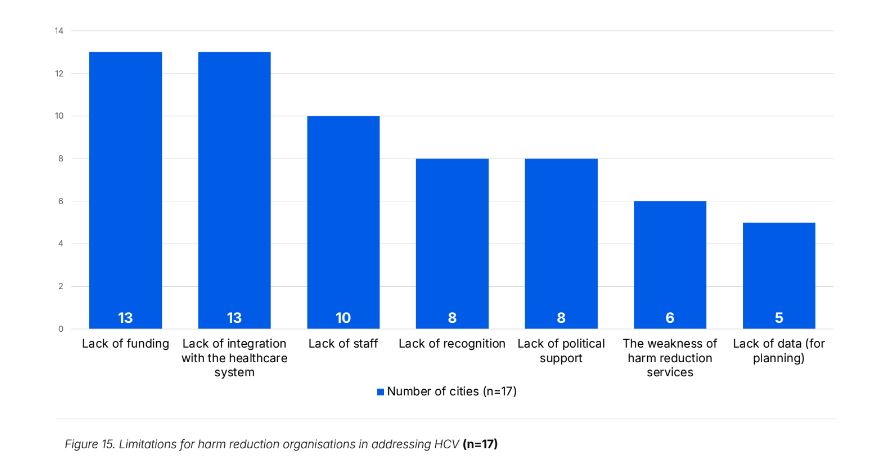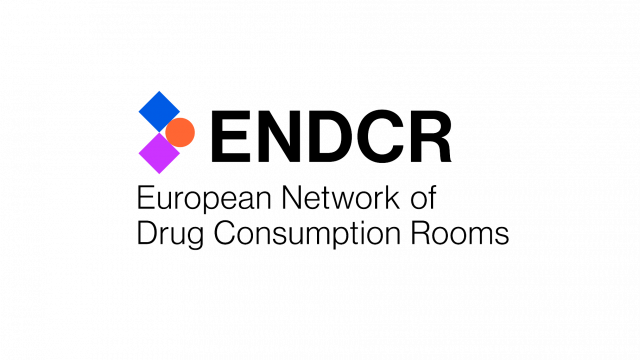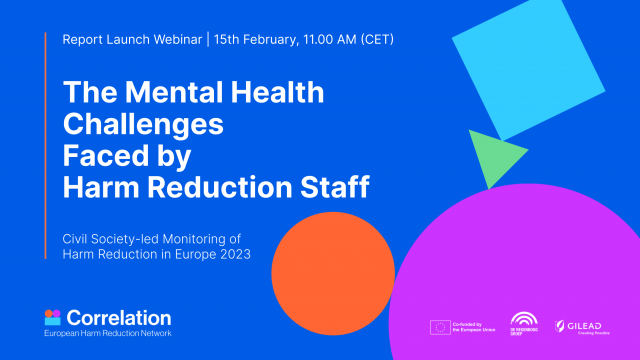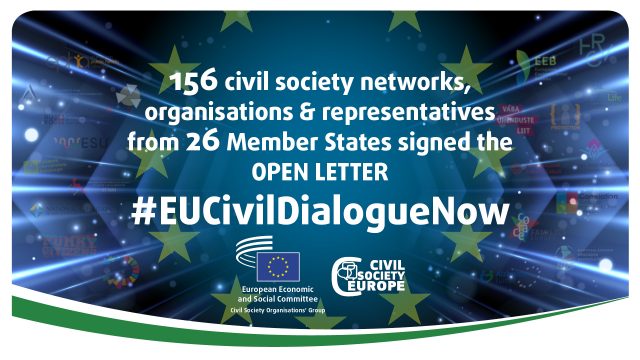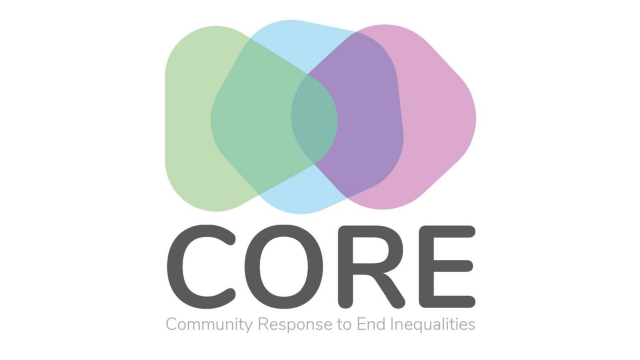On 24 January, European civil society sent an open letter to the Presidents of the European Commission and the European Parliament, and the Belgian presidency of the Council of the European Union. The signatories of the letter urge the three main institutions of the European Union (EU) involved in EU decision-making to take concrete measures to implement an open, transparent and regular dialogue with civil society organisations in all policy areas, as set out in Article 11 of the Treaty on European Union. The open letter was initiated by the Civil Society Organisations’ Group of the European Economic and Social Committee (EESC) and Civil Society Europe and includes specific proposals for implementation. The letter gained the support of a total of 156 signatories from 26 Member States. The signatories include 39 European networks, 85 national organisations and 60 Members of the EESC’s Civil Society Organisations’ Group (1).
Civil dialogue remains patchy and unstructured across the EU institutions, in spite of the legal provisions.
This is why the signatories of the open letter #EUCivilDialogueNow are calling on the EU institutions to:
- initiate an inter-institutional agreement on civil dialogue;
- establish within each institution leadership positions in charge of relations with civil society;
- encourage and promote greater cooperation between civil and social actors;
building on the recommendations of the Conference on the Future of Europe.
As a first step, the signatories suggest a European Commission Communication on strengthening civil dialogue at the EU level.
“The European institutions have all the necessary tools to make considerable progress on our proposals,” said Séamus Boland, the President of the EESC’s Civil Society Organisations’ Group, on the eve of the letter’s launch. “In the next European Commission, a vice-president should take on the task of dialogue with civil society, and civil society coordinators should be appointed in each directorate-general,” added Mr Boland.
Gabriella Civico, the President of Civil Society Europe, said: “The Secretariat of the Council of the EU and the offices of the European Parliament and Commission at the national level need to establish a regular dialogue with civil society. Civil society organisations need direct channels to engage in the EU policy-making process.”
While the signatories respect the prerogatives of the social partners in social dialogue, they are calling for structured civil dialogue to complement it. Séamus Boland explained: “Effective and responsible civil society organisations can cooperate with governments and with employers’ and workers’ organisations in many areas of policy. The input of their knowledge and expertise can ensure that EU policies in all fields and on all socio-economic issues are more targeted and effective.”
Gabriella Civico concluded: “Real civil dialogue and cooperation will lead to EU policies better securing the support of citizens and gaining more legitimacy in their eyes, and thus ensure smoother policy implementation. This is particularly important in a complex and rapidly changing world with many challenges that our communities and societies need to address.”
Background information:
The European Economic and Social Committee (EESC) is a consultative body established by the 1957 Treaty of Rome. It assists the European Parliament, the Council of the European Union and the European Commission. The EESC is the voice of organised civil society in Europe. It represents employers, workers and civil society organisations. The expertise of its 329 Members helps optimise the quality of EU policies and legislation. The EESC’s Civil Society Organisations’ Group is made up of 106 “other representatives and stakeholders of civil society, particularly in the economic, civic, professional and cultural field”.
Its Members are drawn from organisations representing the following fields:
- academia (natural scientists, economists, sociologists, etc.)
- citizen participation and empowerment
- civil society development
- consumers
- environment, heritage & sustainable development
- farming, fisheries and coastal communities, forestry
- human rights’ protection (issues concerning children, the elderly, families, gender equality, marginalised and underprivileged groups, migrants and refugees, minorities, persons with a disability, women and youth)
- the liberal professions (lawyers, doctors, engineers, etc.)
- small and medium-sized enterprises and crafts
- the social economy (charities, cooperatives, foundations, mutual societies and social enterprises).
The overall aim of the Civil Society Organisations’ Group is to truly strengthen participatory democracy across the European Union and to make sure that EESC opinions on EU legislative proposals reflect the interests of all Europeans.
Civil Society Europe (CSE) is the coordination of civil society organisations at EU level established in February 2016. It brings together 22 European networks of civil society organisations (CSOs) working towards regenerating the European project around the shared values of equality, solidarity, inclusiveness and democracy. Its main objectives are: to facilitate and enable horizontal and vertical dialogue between European civil society organisations and policy-makers and help strengthen CSOs in their activities and relations with the institutions.
CSE’s mission is to contribute to EU recognition of the essential role and value of independent and plural CSOs in building and nurturing a democratic society that is based on fundamental rights. CSE also works to create the conditions for the development of a strong and independent civil society voice and effective, open, and structured civil dialogue at the EU level, as well as a thriving and enabling civic space across the Union.
For more information and interviews, please contact:
Jasmin Klötzing
Communication Officer
Secretariat of the Civil Society Organisations’ Group
+ 32 (0) 2 546 90 67
Jasmin.kloetzing@eesc.europa.eu
Margarida Reis
Communication Assistant
Secretariat of the Civil Society Organisations’ Group
+ 32 (0) 2 546 90 36
Margarida.reis@eesc.europa.eu
If you want to stay informed about the activities of the Civil Society Organisations’ Group, please click here.
(1) When calculating the number of signatories (156), the EESC Members who also signed on behalf of their organisation are counted as single signatories.

